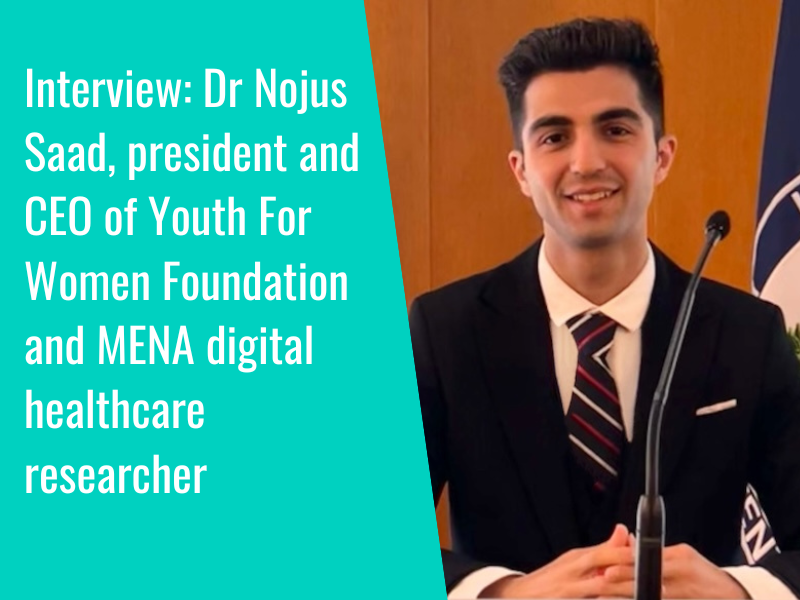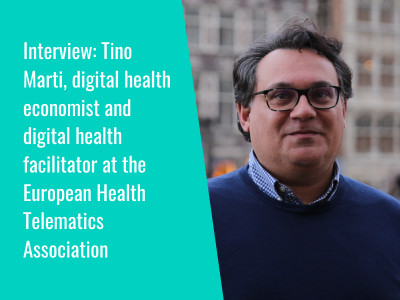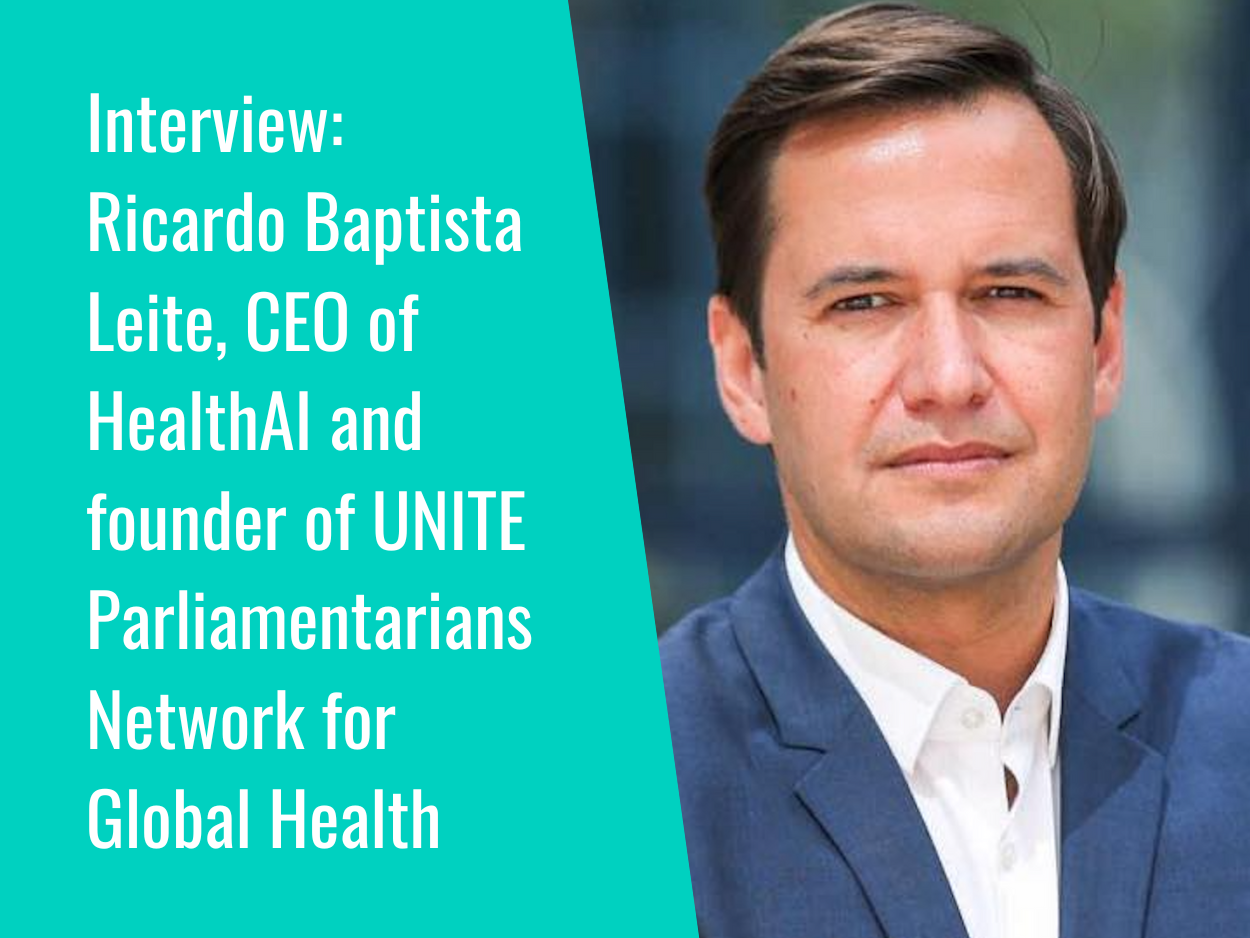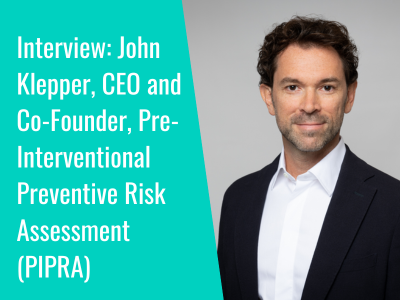A new EU-funded five-year project, “PAIR”, has been launched in the hopes of improving point-of-care (POC) diagnostics and epidemiological modelling, bringing together 20 partners from seven countries with the aim of helping Europe to develop expertise and capabilities in this area based on artificial intelligence and machine learning.
Utilising the One Health Approach – described by the World Health Organisation as an “integrated, unifying approach to balance and optimize the health of people, animals and the environment” and noted to be “particularly important to prevent, predict, detect, and respond to global health threats such as the COVID-19 pandemic” – PAIR will see the launch of two new interacting tools.
The first, PANPOC, is a POC instrument for the rapid detection of respiratory RNA viruses; the second, PANRISK, is an AI/ML based model that can process field data from “freely accessible online resources and proprietary partner results”. Using these tools, PAIR seeks to assess pandemic risk based on a number of factors including geographical mapping, temporal occurrence patterns and “temporal evolution of a virus” – involving genetic surveillance and bioinformatics analysis.
The project, coordinated by Copenhagen University, is set to run from January 2024 to 2028, and tools will be tested in veterinary and clinical end-users across European countries such as Denmark, France, Latvia, Italy, and Spain.
Carsten Thure Kirkeby, PAIR project coordinator, said: “COVID has made us realize how urgent it is to adopt the One Health approach for global health. This approach addresses the needs of the most vulnerable populations in their wider contexts. With PAIR, we aim to move in this direction by enhancing preparedness and responses with better decision-making. With advanced modeling, we will enable greater coordination across regions and countries, and thus address an identified weakness in pandemic response”.
To learn more about the project, please click here.
In other news, the European Council has announced that an agreement had been reached between the Council’s presidency and the European Parliament’s negotiators on the EU Artificial Intelligence Act, with the draft regulation aiming to ensure the safety of AI systems brought to the European market, as well as to “stimulate investment and innovation on AI in Europe”.
- 1
- 2














